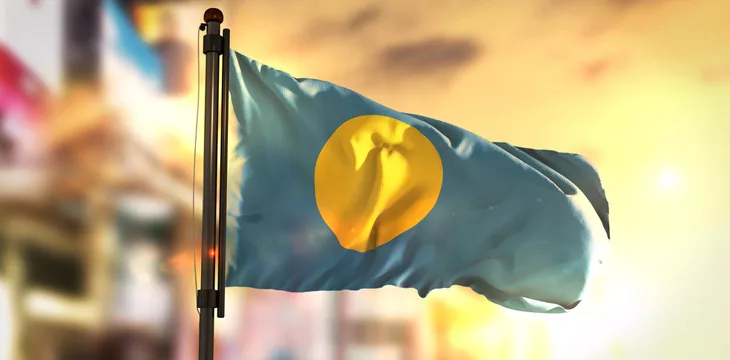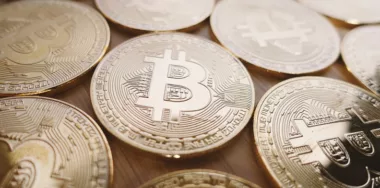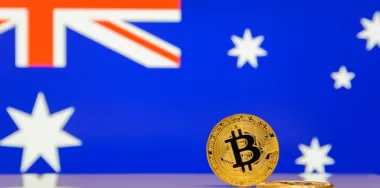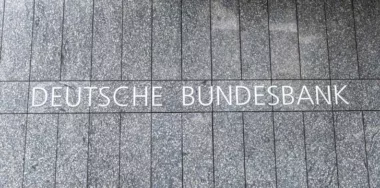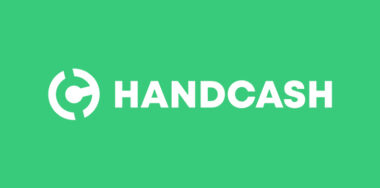The Republic of Palau is inching closer to launching its national stablecoin PSC after announcing its three-month pilot was a success.
In a recent report, Palau’s Ministry of Finance summed up the pilot as a success, adding that the next objective is “the use of the PSC at a national level and make it a convenient and cost-effective way of payment.” The country believes that the stablecoin will give citizens a secure, innovative, and cost-effective way to access their money digitally.
Palau is a collection of over 500 tiny islands in the Pacific Ocean, off the coast of the Philippines, with a population of less than 20,000. A former U.S. colony that gained complete independence in 1994, Palau still relies on the U.S. dollar as its legal tender. According to a government study, the Palauan economy is cash-intensive at 70% dominance; 60% have never used a mobile wallet.
PSC is fully collateralized with USD deposits held at an unnamed U.S. Federal Deposit Insurance Corporation (FDIC)-insured bank.
The pilot phase included 168 volunteers from the government’s executive branch who purchased with the PSC at participating retailers. Each volunteer got $100 worth of the stablecoin.
The maximum supply was capped at $20,000, with the Ministry of Finance in charge of its issuance and distribution. Only the selected volunteers could access the funds through a specialized wallet and could not increase their holdings.
After three months, a survey of the participants found that most used the PSC as a day-to-day means of payment. Sixty-eight percent of the participants were satisfied with the stablecoin, with two in three describing the initial setup as easy or very easy. The top three cited benefits were speed, freedom, and ease of use.
In the next phase, the country intends to incorporate other payment stakeholders, including regulators, financial institutions, and merchants.
It’s unclear what role commercial banks will play in the PSC ecosystem as they were not involved in the pilot phase. In most countries, bank disintermediation has emerged as one of the biggest challenges in the central bank digital currency (CBDC) cycle.
Watch: Stablecoins on BSV
New to blockchain? Check out CoinGeek’s Blockchain for Beginners section, the ultimate resource guide to learn more about blockchain technology.

